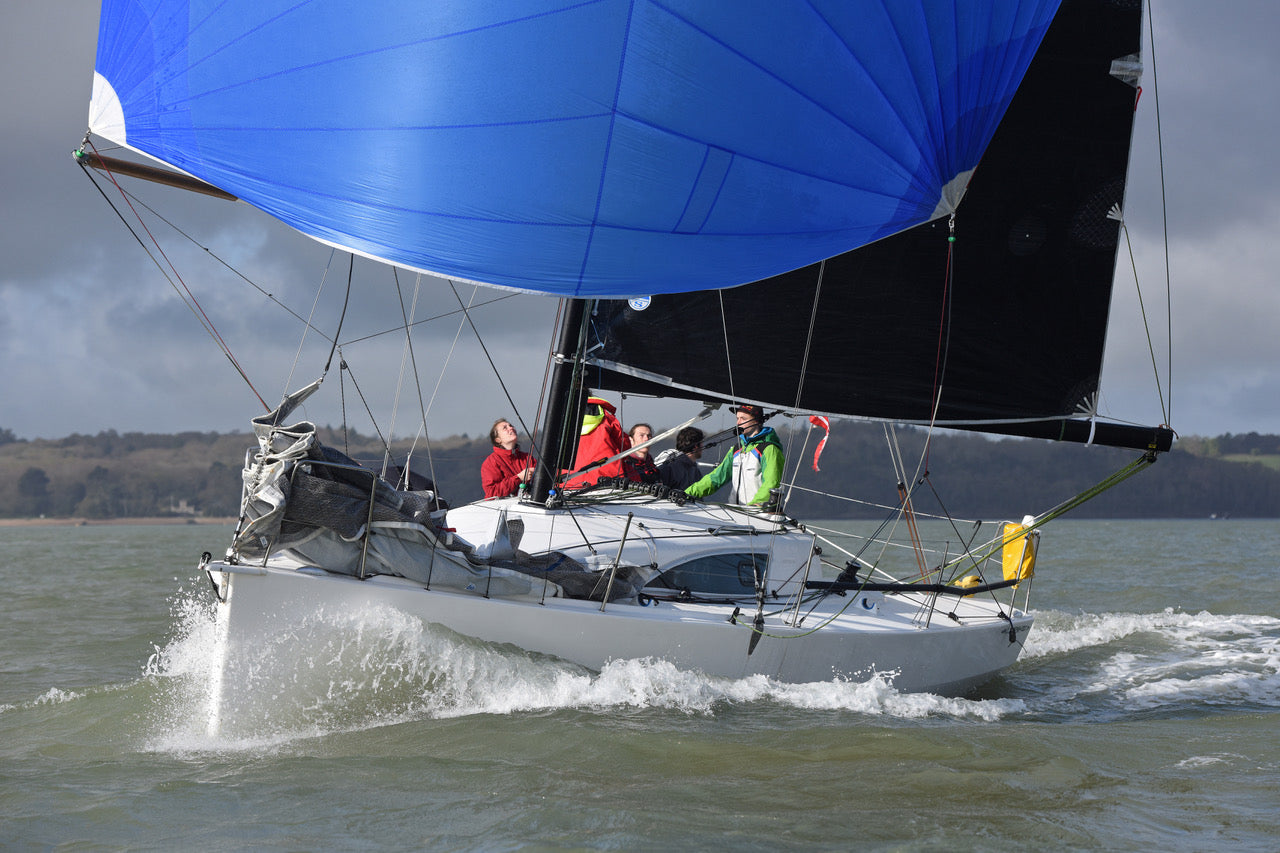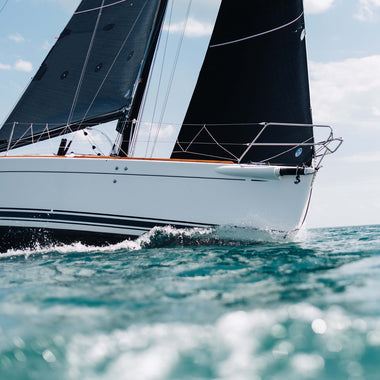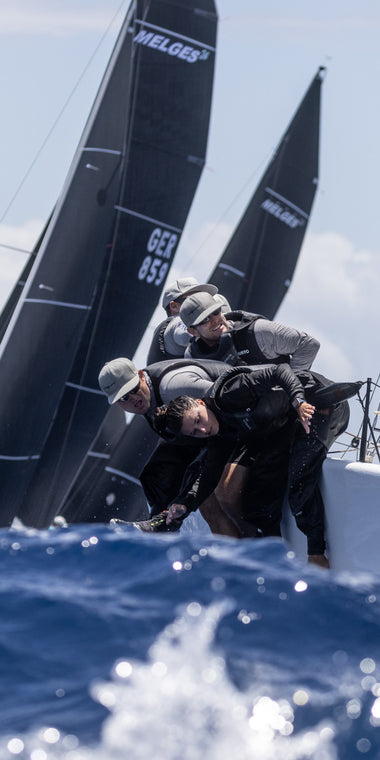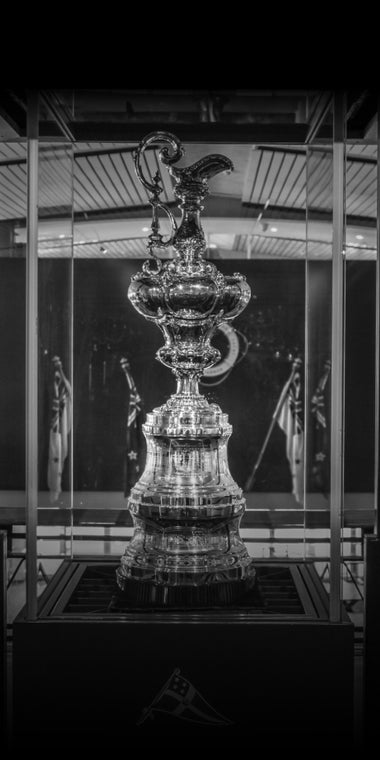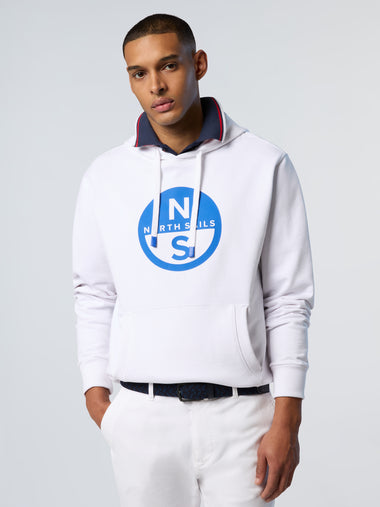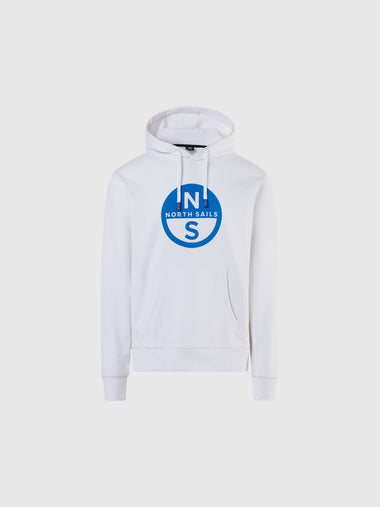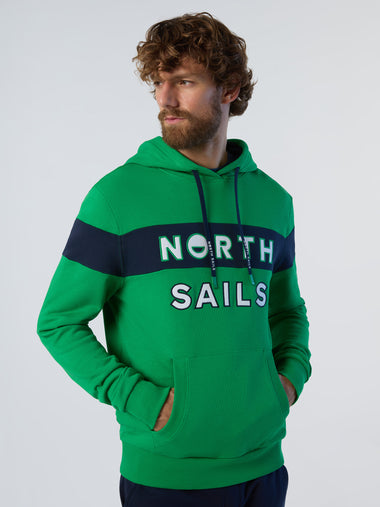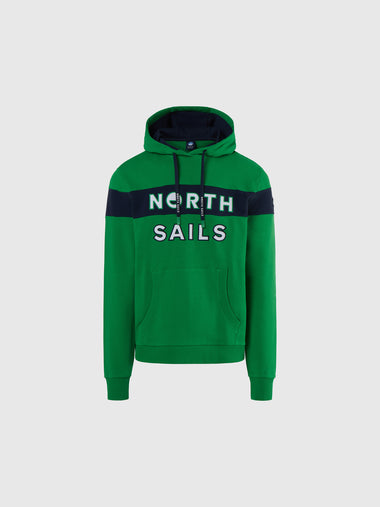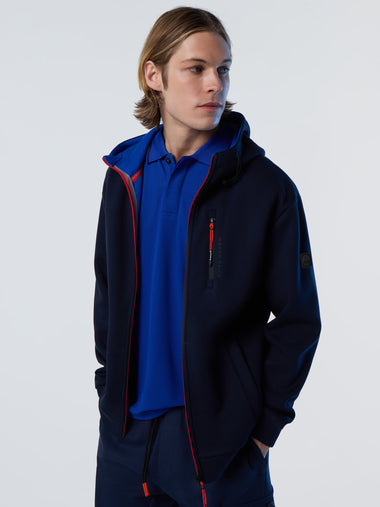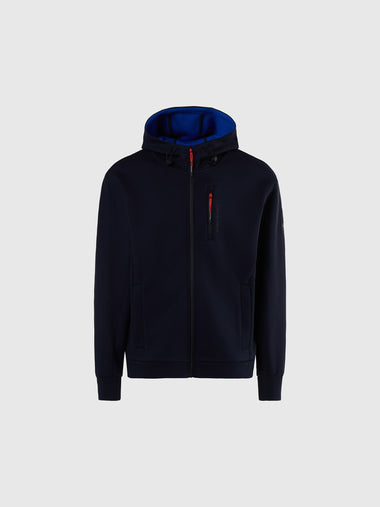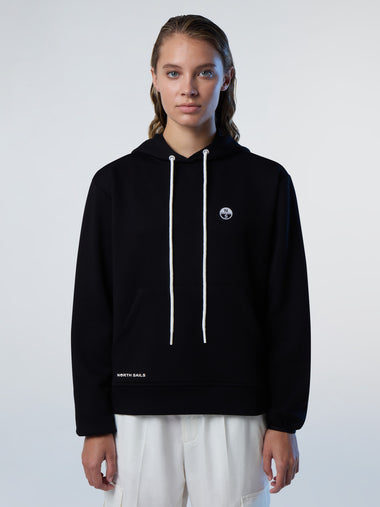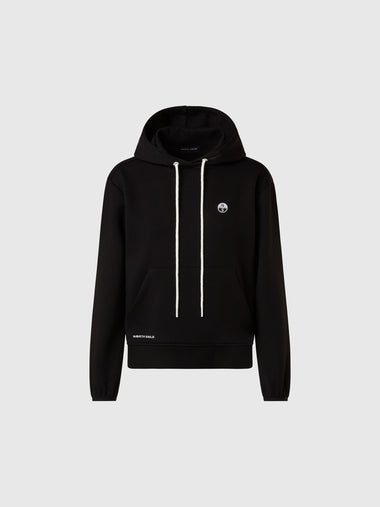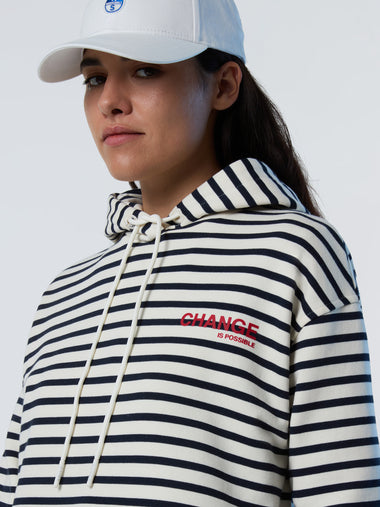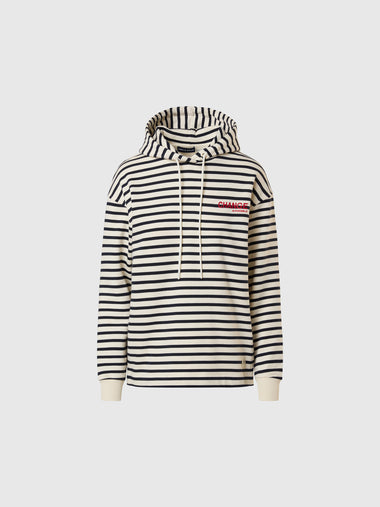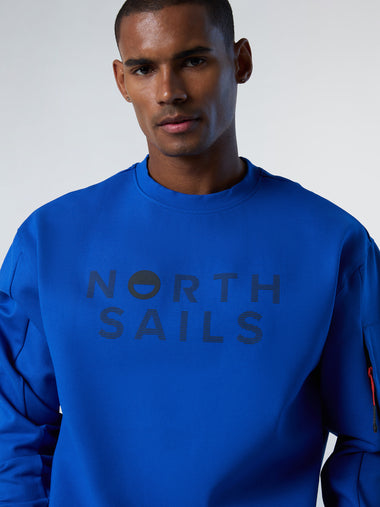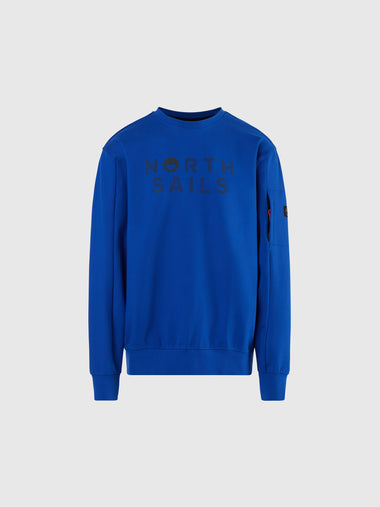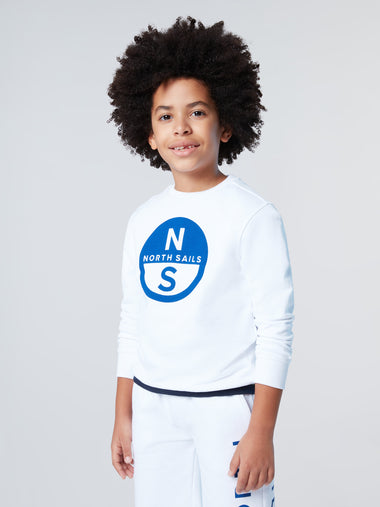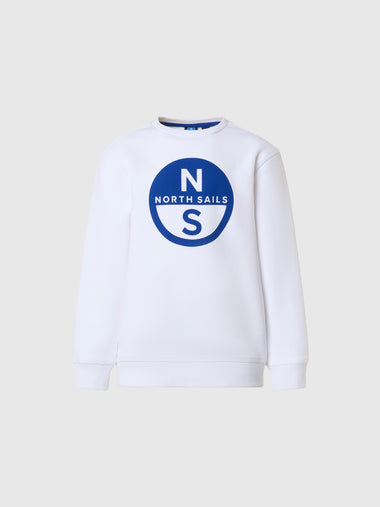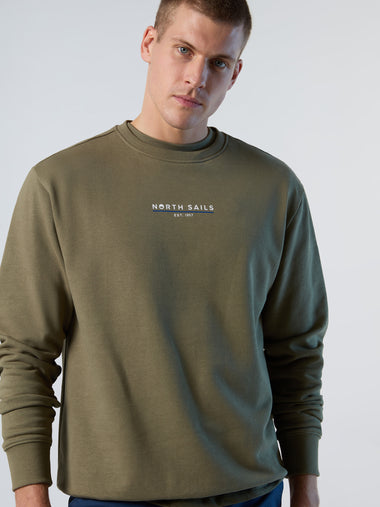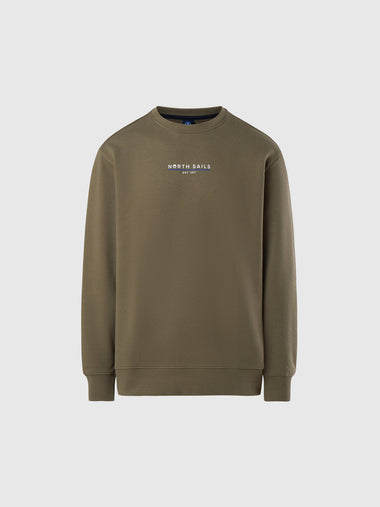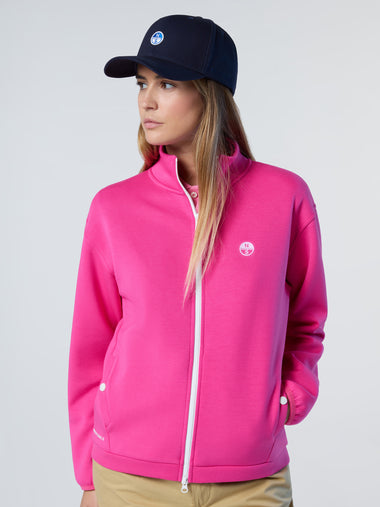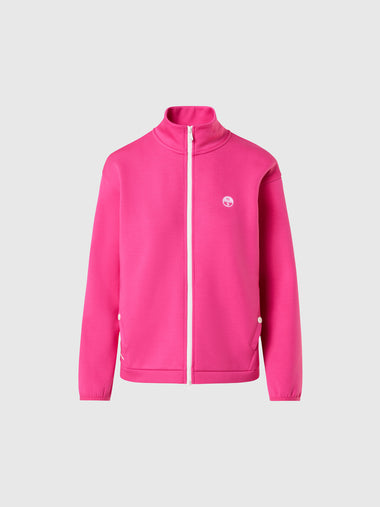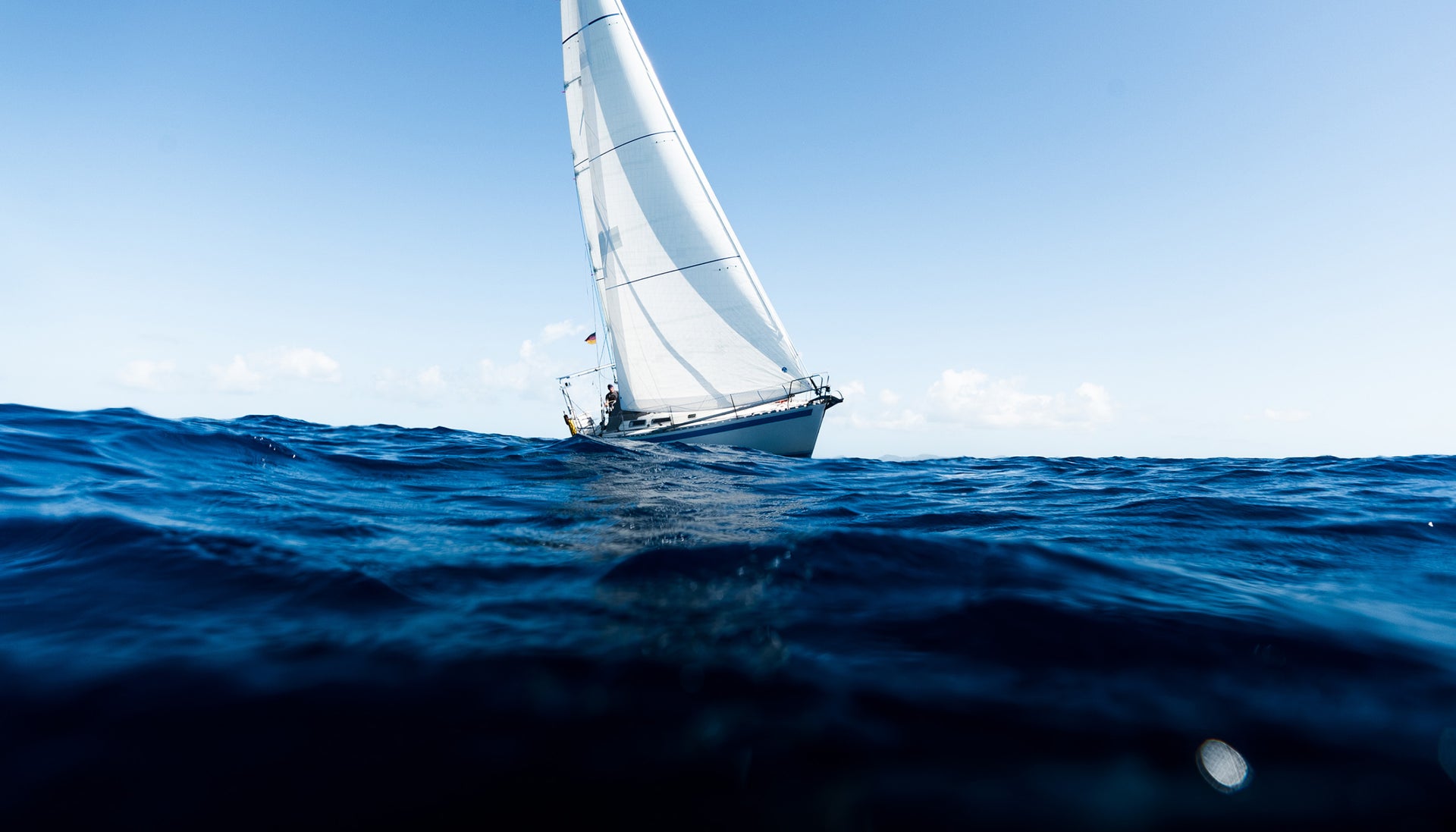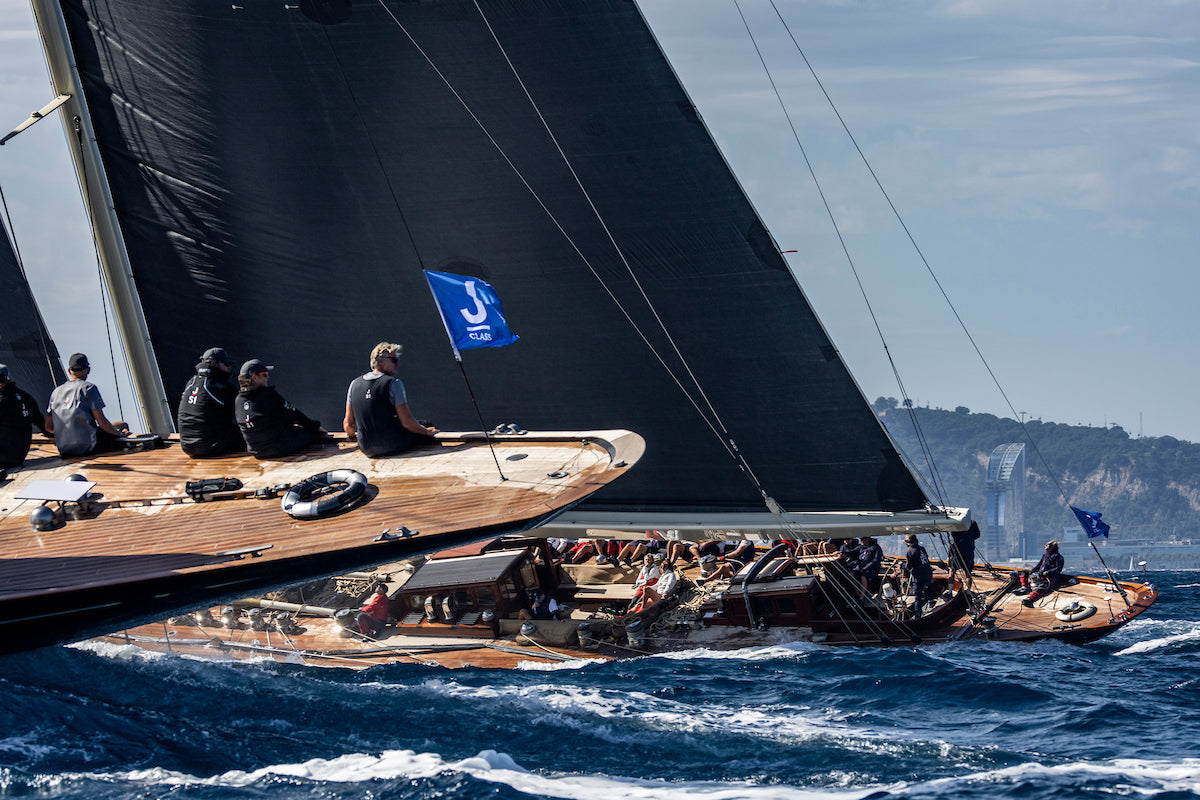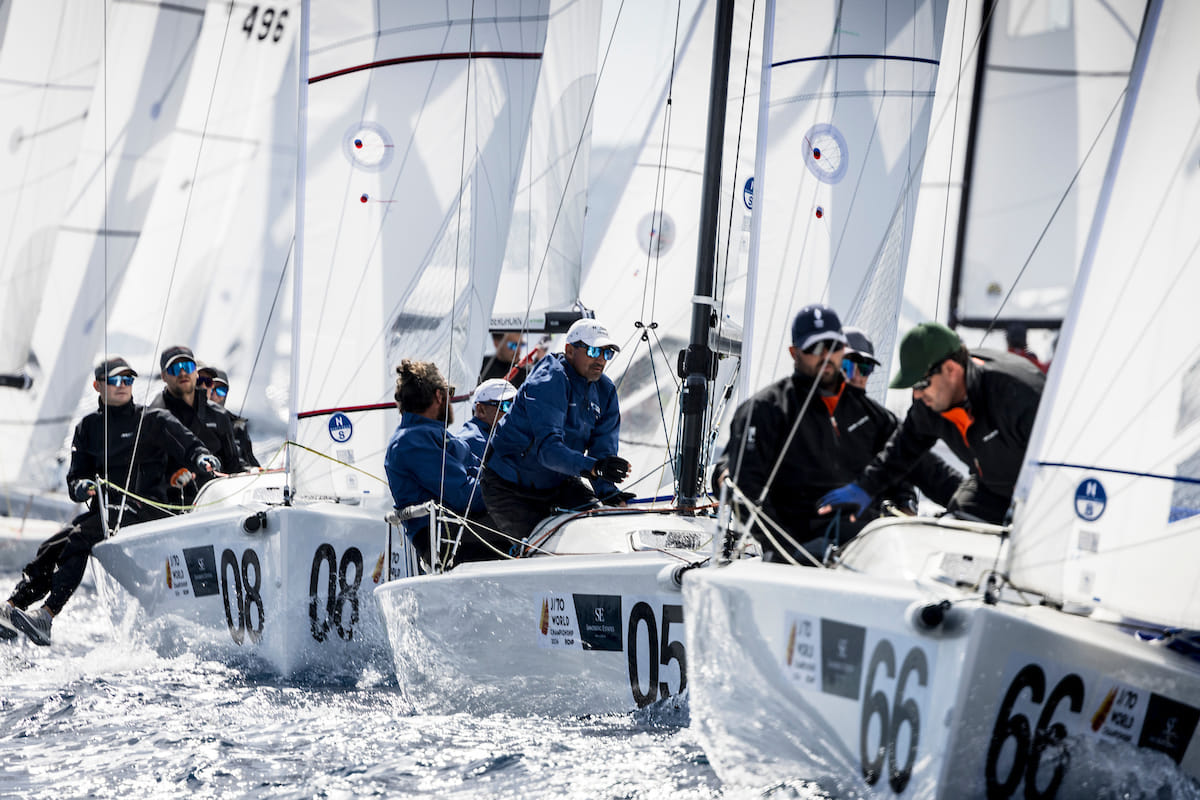SMALL BOAT, BIG RACES
SMALL BOAT, BIG RACES
Richard Palmer’s JPK 1010 Jangada Takes On The Doublehanded Offshore Scene

Highlight Results
Twostar Transatlantic Race 2012 – 2nd IRC
Round Britain & Ireland 2-handed 2014 – 1st IRC
RORC 2018 – 2nd IRC overall
AZAB 2019 – 3rd IRC (1st family)
RORC Transat 2019 – 1st IRC overall
RORC 2020 C600 – 1st IRC 2-handed
RORC 2020 Summer series – 1st IRC 2-handed
RORC 2021 Morgan Cup – 1st IRC 2-handed
RORC 2021 De Guingand Bowl – 1st IRC 2-handed
UKDHOS 2021 – 1st Corinthian/Masters
RORC 2021 Series – 3rd IRC 2-handed
RMSR 2021 – 1st IRC 2-handed
RORC Transat 2022 – 1st IRC 2-handed / 3rd IRC1
RORC 2022 C600 – 1st IRC 2-handed / 3rd IRC2
Richard Palmer’s JPK 1010 Jangada has been turning heads as the doublehanded team on board continues to win multiple international offshore doublehanded trophies whilst also claiming some of the top spots against fully crewed teams. In 2020, they won RORC Yacht of the Year following their overall win in the RORC Transatlantic Race and RORC Caribbean 600 doublehanded win, they also took the Corinthian Trophy in the UK Double Handed Offshore Series.

Aiming for the coveted RORC Jazz Trophy for IRC overall and having just finished the RORC Transatlantic Race, bettering their 2019 record by just under 2 hours, we caught up with Richard to hear how a physicist turned finance professional who grew up dinghy sailing in Salcombe on family holidays is now winning international yacht races doublehanded.
Richard started sailing through a local club at 11 and caught the bug’ when his parents signed him up to an RYA course on the Thames. During family holidays in Salcombe, he was inspired to take up windsurfing as well and was later recruited for the Oxford University Windsurfing Team. Whilst working at the National Physical Laboratory he continued windsurfing competitively but also took up yachting after seeing an advert for the Civil Service Offshore Racing Club. This led to years of club racing, Junior Offshore Group (JOG) racing, and introduced Richard to Offshore racing. He was then thrown in at the deep end as a navigator on the club’s Sigma 33. His first two Rolex Fastnet Races were with the BT Offshore Racing Club in 1991 and 1993.
Following a busy few years starting a young family and focusing on his career, Richard joined the Yacht Owners Club in 2006 buying a J/109, Jangada Too. The decision to buy the J/109 was made over a glass of wine in Cowes with his friend Jeremy Waitt. After doing the first few seasons crewed, Richard and Jeremy decided to give doublehanded offshore racing a try in 2009 and haven’t looked back! Richard had several successes in the J/109, most notably winning the 2014 Royal Western Round Britain and Ireland Race with co-skipper Trevor Drew after being ‘pipped’ to the overall win by Pip Hare in the previous edition. Jangada Too sparked Richard’s relationship with North Sails.


“It became clear to me that most of the winning boats in the fleet at the time all had North Sails, that’s when we first got in touch with North and we have been with them ever since.” remarks Richard.
The reputable JPK1010 Jangada hit the scene in 2016. After a long stint in the J/109 getting fed up with being beaten by some of the French boats, Richard admitted “it was a case of, if you can’t beat ‘em join ‘em. When the 1010 was delivered it had a full suite of French sails, but the first thing we did was get North Sails down to do an audit of the wardrobe to work out which were fit for purpose and which needed replacing.” Over the course of the next two years, Richard replaced the full suite of sails with North Sails.
“The scale of the North operation is the main attraction, they have a great design team and the appeal is that they are always developing the materials, the shape, the cut. They’re always leading in the field. Our latest batch of sails in particular are great and very reliable. We saw that in the RORC Transatlantic Race this year. We had very little chafe or damage.”
As doublehanded sailors, Richard and his co-skipper’s often have slightly different priorities to fully crewed teams. Their priorities, amongst safety and energy/sleep management, include making maneuvers as easy as possible and minimizing sail changes, in particular headsail changes. Both their heavier jibs are reefable which means they can reduce the sail area without totally changing sail. This was added by North for the benefit of the team and tailored to their specific requirements.
Jangada’s newest addition to the sail wardrobe was the new Helix Structured Luff Code Zero. Richard and Jeremy tried it for the first time on the RORC Transatlantic Race and are very impressed. “We can carry it in higher wind strengths and to higher angles. We’re still pushing the boundaries with it, but it’s a very versatile sail.” Jangada finished the 2022 Transatlantic Race in an elapsed time of 16 days 11 hrs 59 mins 46 secs, winning IRC Two-Handed and placing third in IRC One. On top of this, Jangada’s IRC corrected time set a new race record for Two-Handed teams, bettering their 2019 triumph, and establishing the IRCRecords™ corrected time for the course of 16 days 13 hrs 58 mins 34 secs.
The team has recently completed the RORC Caribbean 600 having finished the race twice before. In 2018 they, unfortunately, had to retire due to injury but returned in 2020 and 2022 with back-to-back wins in the IRC Two-Handed class.
With the RORC Caribbean 600 over, Jangada is now on a mission to be back in the UK in time for the next RORC race of the season.
Richard is also planning on taking on the Round Britain and Ireland Race again this year with Rupert Holmes, his co-skipper from the first Transat Race. Keep an eye out for “Team Jangada” – big personalities, with big results on a relatively little boat!
